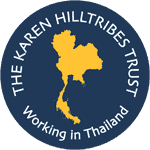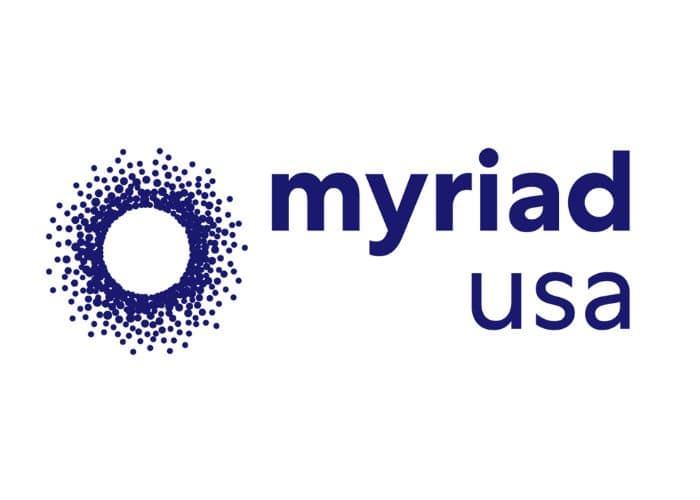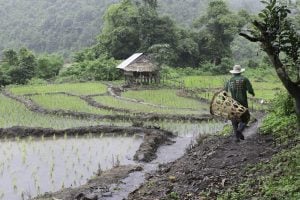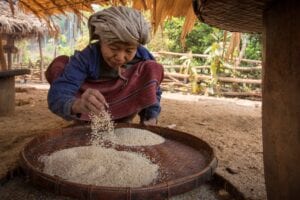- About AVPN
-
-
-
About AVPN
Who We Are
We are a leading ecosystem builder that is increasing the flow of financial, human, and intellectual capital from Asia and around the world into the social sector in Asia. We provide a network of peers, rigorous learning programmes, and innovative capital mobilization opportunities that make sure resources are more effectively deployed.
-
-
-
- Members
-
-
-
Membership Benefits
Unrestricted access to AVPN research reports and case studies
Access market-specific snapshots and opportunities
Increased visibility for events, programs and insights via AVPN website, blog, newsletters and social media channels
Leverage the AVPN platform to bring under-represented social issues top of mind for more than 600 social investors
-
-
-
- Resources
-
-
-
Resources
Highlights of the week
Trust-Based Philanthropy
In the face of increasingly complex and, sometimes rapidly, changing needs on the ground, it is crucial to take a step back and reconsider the status quo.
APAC Sustainability Seed Fund 2.0
By leveraging the success of the first round of the APAC Sustainability Seed Fund, AVPN continues to mobilise continuum of capital into supporting climate solutions in the region.
Faith and Giving
Faith, and the values, belief systems, moral codes, and religious doctrines, that underlie it, shape much of philanthropy across the world. From addressing needs in underserved communities to investing in sustainable energy solutions, faith-aligned givers are demonstrating that compassion can be a catalyst for a more just and equitable world. However, the fundamental drivers of faith-aligned giving often remain unexamined.
-
-
-
- Markets
-
-
-
Markets
We are a leading ecosystem builder that is increasing the flow of financial, human, and intellectual capital from Asia and around the world into the social sector in Asia. We provide a network of peers, rigorous learning programmes, and innovative capital mobilization opportunities that make sure resources are more effectively deployed.
Explore Markets
-
-
-
- Impact Communities
-
-
-
Impact Communities
-
-
-
- Capital Mobilisation
-
-
-
Capital Mobilisation
Featured Deals
Socio-Economic Empowerment of Women
Climate Action and Environment, Education, Financial Inclusion, Gender, Livelihood and Poverty Alleviation
Solve Education: Education through Innovative Learning Platform
Education, Employability, Livelihood and Poverty Alleviation
Lotus Petal Sr. Sec School, Gurugram
Education, Employability, Health
IT Training Against Poverty in Cebu
Education, Employability, Livelihood and Poverty Alleviation
IT Vocational Training Against Poverty
Education, Employability, Livelihood and Poverty Alleviation
Gigatonne: Addressing Problems within the Carbon Credits Market
Climate Action and Environment, Financial Inclusion, Gender, Livelihood and Poverty Alleviation
-
-
-
- Events
-
-
-
Events
Upcoming Signature EventsAVPN Global Conference 2024
23 April 2024
-
25 April 2024
Signature Event
Upcoming Events
Restoring Equilibrium: SVCA 2024 Annual Conference – Seeking Balance in A Turbulent World
16 May 2024
-
-
-
Food Security for the Karen Hilltribes
Creates a year-round water supply for Karen villages in Thailand through the construction of a new dam and irrigation system to better sustain farmers’ livelihoods.
By

Karen Hilltribes Trust
Click here to learn more about the Impact Organisation
This is member exclusive
content. Click here to unlock
Social causes
Beneficiaries
SDGs covered
Endorsed by
Market of Implementation
- Thailand
Problem
The Karen people are an ethnic group who live along the Thailand-Myanmar border. Most of the Karen in Thailand live in the province of Mae Hong Son, where a recent United Nations survey concluded that 64% of the province lives below the World Bank Global Poverty Line of $1.90 per day. In the past, Karen farmers have built small dams using rocks, bamboo, and brushwood to interrupt the flow of a river or stream just enough to divert water to their crops. However, heavy rainfall and flash floods can seriously damage these fragile irrigation systems just as the region receives the bulk of its rainfall for the year, which means that the opportunity to conserve this precious resource is lost. As subsistence farmers depending on unreliable rainfall patterns, the Karen are only able to produce 40% of their food needs for the year, resulting in widespread malnutrition and children and young adults having to travel to cities to work as laborers to send money back to the village. In 2016, the problem has grown worse, with Thailand experiencing its hottest recorded temperatures since 1960 leading to its worst drought in decades (see link in "Resources" section for link to news story). These worsening conditions have forced Thailand to ration its water as its rice production has fallen by 30%. These extreme weather conditions can lead to fields going dry for years on end, leading to paddies that are no longer productive. Insufficient rice yields push Karen villagers to adopt drastic measures such as "slash and burn" cultivation, which contributes towards further deforestation and environmental destruction.
Solution
This also allows the villagers to learn the skills necessary to maintain the system in the future, ensuring that it can be fully-sustainable and not require ongoing funding. However, none of the 69 dams built in the last 10 years by the Karen Hilltribes Trust has required repairs yet, and each are expected to have a useful life of at least 20 years. The project's activities include: - Consulting with village leaders to identify the best location for the site - Surveying the site to assess and measure the specific dimensions of the new system - Collecting large supplies of rocks and sand as base materials to cover the river bed - Constructing bamboo and steel moulds which shape the base and walls of the new dam - Filling these moulds with concrete and reinforcing them with aggregate and steel - Constructing woven basket moulds which are then filled with concrete to reinforce and support the dam walls - Constructing concrete channels which direct water to the nearby fields
- A reliable water supply will lead to increased yields (see "Food Security Case Study" in the Resources section for a case study in which a recently-completed dam increased the crop yields five-fold), and also allow the farmers the opportunity to earn income from selling surplus rice, or diversify into cash crops such as soya and garlic, allowing them to pay for healthcare and education opportunities for their families.

















 This also allows the villagers to learn the skills necessary to maintain the system in the future, ensuring that it can be fully-sustainable and not require ongoing funding. However, none of the 69 dams built in the last 10 years by the Karen Hilltribes Trust has required repairs yet, and each are expected to have a useful life of at least 20 years.
The project's activities include:
- Consulting with village leaders to identify the best location for the site
- Surveying the site to assess and measure the specific dimensions of the new system
- Collecting large supplies of rocks and sand as base materials to cover the river bed
- Constructing bamboo and steel moulds which shape the base and walls of the new dam
- Filling these moulds with concrete and reinforcing them with aggregate and steel
- Constructing woven basket moulds which are then filled with concrete to reinforce and support the dam walls
- Constructing concrete channels which direct water to the nearby fields
This also allows the villagers to learn the skills necessary to maintain the system in the future, ensuring that it can be fully-sustainable and not require ongoing funding. However, none of the 69 dams built in the last 10 years by the Karen Hilltribes Trust has required repairs yet, and each are expected to have a useful life of at least 20 years.
The project's activities include:
- Consulting with village leaders to identify the best location for the site
- Surveying the site to assess and measure the specific dimensions of the new system
- Collecting large supplies of rocks and sand as base materials to cover the river bed
- Constructing bamboo and steel moulds which shape the base and walls of the new dam
- Filling these moulds with concrete and reinforcing them with aggregate and steel
- Constructing woven basket moulds which are then filled with concrete to reinforce and support the dam walls
- Constructing concrete channels which direct water to the nearby fields
 - A reliable water supply will lead to increased yields (see "Food Security Case Study" in the Resources section for a case study in which a recently-completed dam increased the crop yields five-fold), and also allow the farmers the opportunity to earn income from selling surplus rice, or diversify into cash crops such as soya and garlic, allowing them to pay for healthcare and education opportunities for their families.
- A reliable water supply will lead to increased yields (see "Food Security Case Study" in the Resources section for a case study in which a recently-completed dam increased the crop yields five-fold), and also allow the farmers the opportunity to earn income from selling surplus rice, or diversify into cash crops such as soya and garlic, allowing them to pay for healthcare and education opportunities for their families.